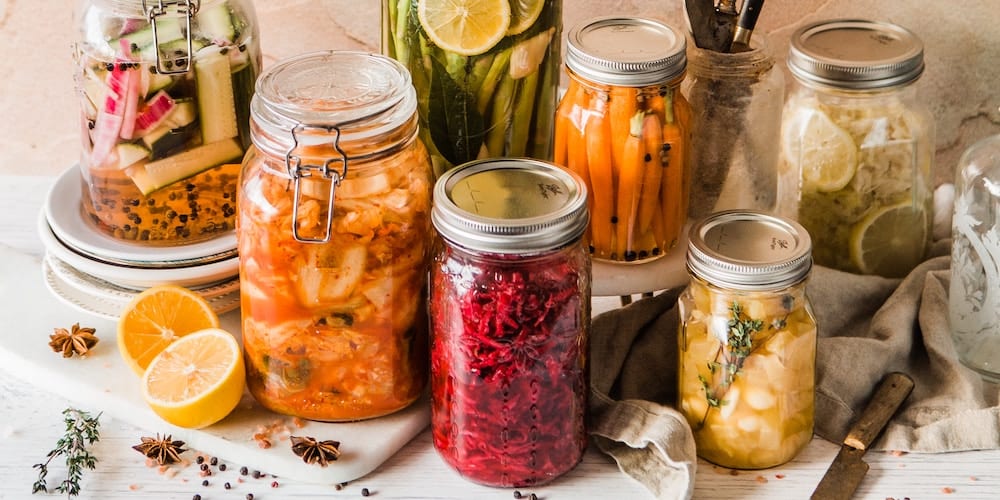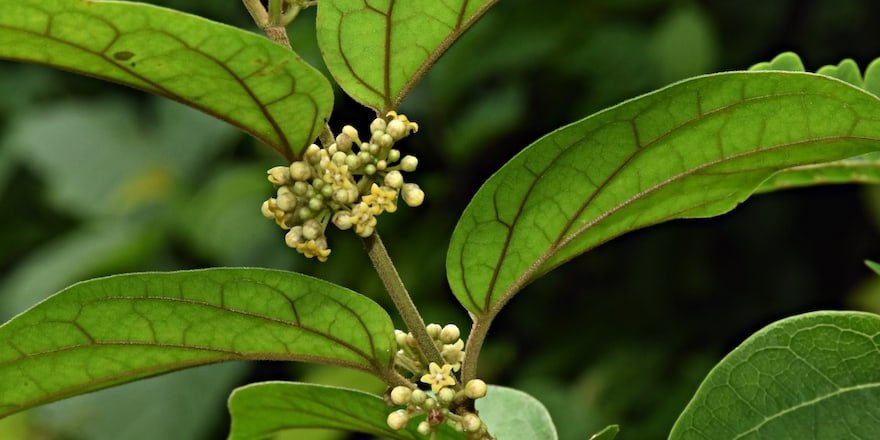Blood sugar refers to the amount of glucose present in the blood at a given time: it is an indicator. In France, blood sugar is considered normal when it is between 0.70 g/L and 1 g/L fasting, and when it is below 1.4 g/L 2 hours after a meal.
Hormones, including insulin, regulate it by allowing glucose to enter cells and be used as a source of energy.
When it is too high over the long term, it can lead to serious health consequences, and trigger the onset of type II diabetes. It is characterized by insulin resistance, which leads to higher blood sugar levels and the resulting consequences.
If that’s your case, medications prescribed by your primary care doctor or a specialist are necessary. To help regulate blood sugar as best as possible and lower it, you can also adopt these 9 specific foods.
Read also | A dietitian helps us choose the best meal replacements
1. Low-GI carbohydrates
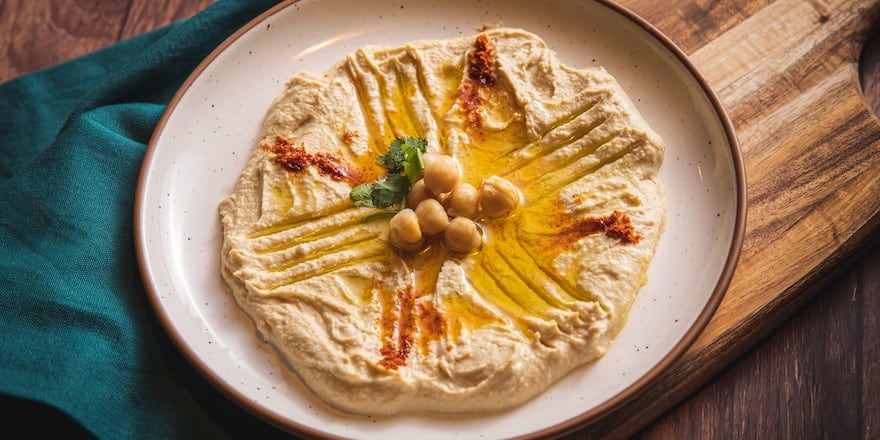
Each carbohydrate-containing food has a glycemic index or GI. In short, it is the ability of a food to increase blood sugar more or less when it is consumed. The higher the glycemic index, the more the food causes an increase in blood sugar.
As you’ve probably understood, if you want to regulate your blood sugar naturally, it is important to regularly include low glycemic index carbohydrates, that is, below 55, and to limit high GIs, those above 70.
Low-GI carbohydrates are digested slowly by the body, which causes a gradual and moderate absorption of glucose into the bloodstream.
You will mainly find them in:
- legumes
- whole grains
- certain fruits (apples, pears, plums)
- vegetables
Their common denominator? A high fiber content. With their slow digestion, they provide a longer-lasting feeling of fullness.
One clarification. The glycemic index is a useful indicator only for people with health concerns related to blood sugar. If you don’t have any, there’s no need to dwell on this point.
Moreover, we rarely eat a single food on its own. Generally, it is accompanied by proteins and fats that affect and lower the overall glycemic index of the meal.
2. Cinnamon

Consuming cinnamon is certainly one of the most well-known home remedies for lowering blood sugar.
It is often credited with effects that slow the digestion and breakdown of carbohydrates, as well as with improving insulin sensitivity.
This is notably what I found in this scientific meta-analysis. It showed, among other things, that taking cinnamon, either whole or as an extract, leads to a significant reduction in fasting blood glucose.
The study concluded that this aromatic spice improves fasting blood glucose in people with type 2 diabetes or prediabetes
3. Ginger
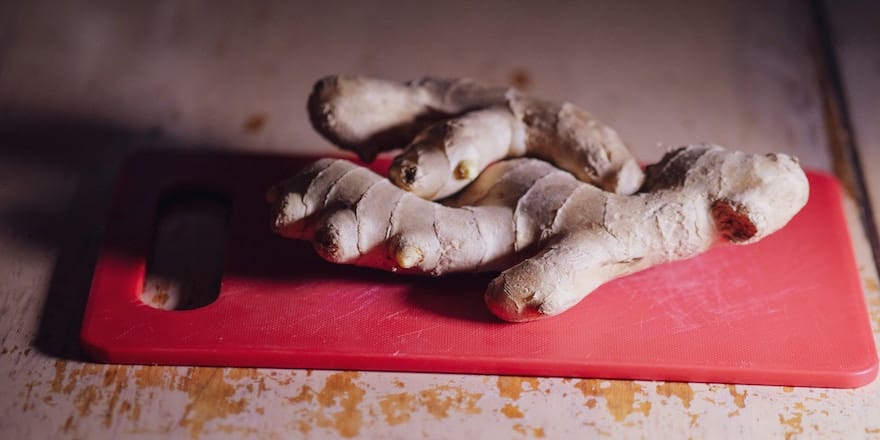
Easy to incorporate into many dishes, ginger would also have properties for lowering blood sugar.
A meta-analysis from 2020 also highlighted this effect when consuming this spice, as well as its impact on weight loss.
However, it would have no effect on insulin. In my opinion, further studies could be useful to clarify its mechanism of action.
4. Apple cider vinegar
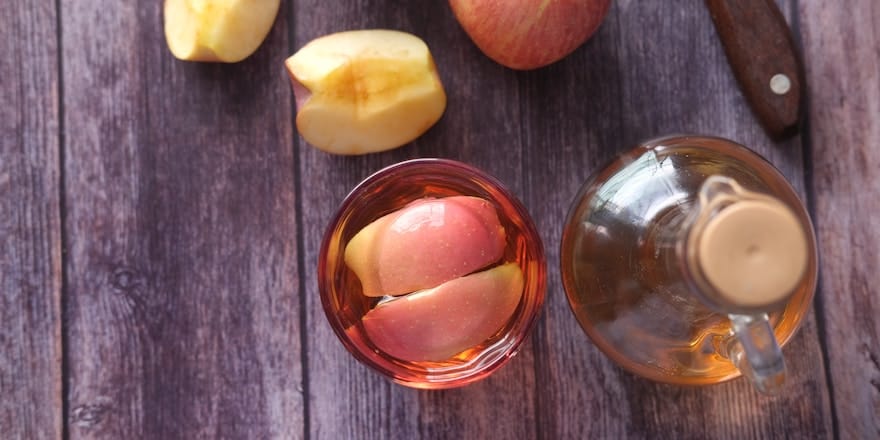
The high acetic acid content in apple cider vinegar would make it a promising ally for lowering daily blood sugar.
I specifically found this study that shows its effects on blood glucose levels and also on blood lipid levels in people with type II diabetes.
5. Garlic
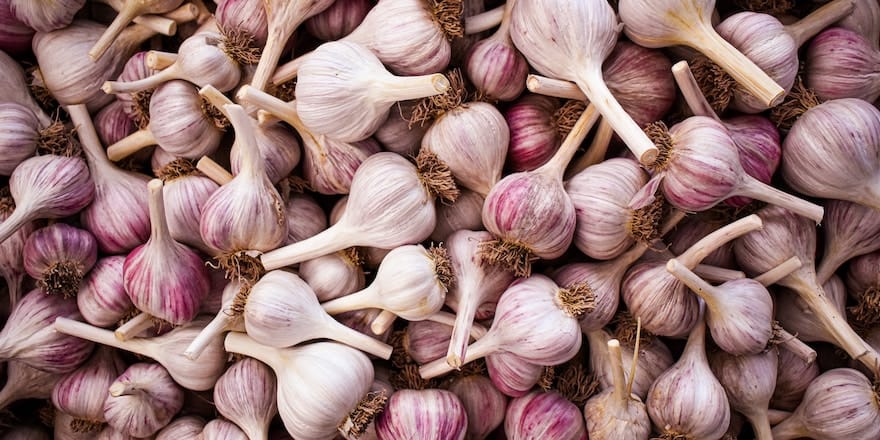
Besides being a food known for its antibacterial properties and its benefits for cardiovascular health, garlic would also help regulate blood sugar and cholesterol, according to some research.
I recommend that you consume it fresh, or as a dietary supplement for a higher concentration of active compounds.
6. Probiotics
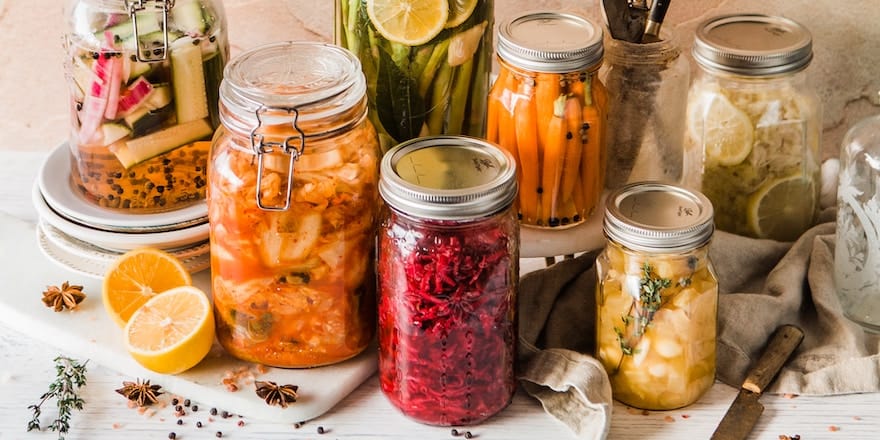
Probiotics are microorganisms that, when ingested in sufficient quantities, can have a positive impact on the body, particularly on the gut microbiota. They are found as dietary supplements but also in our everyday foods:
- fermented beverages: kefir, kombucha
- sauerkraut
- dairy products
I explain the relationship to blood sugar levels. Studies show that bacteria in the gut microbiota of people with type 2 diabetes are underrepresented compared with healthy people.
This would notably lead to instability of the intestinal barrier and of butyrate production, two essential factors in the regulation of glucose and insulin.
Some teams have therefore studied the effects of probiotics on blood glucose, with early promising results! However, new studies are still needed.
Also read | A pharmacist has selected the best probiotics
7. Fenugreek
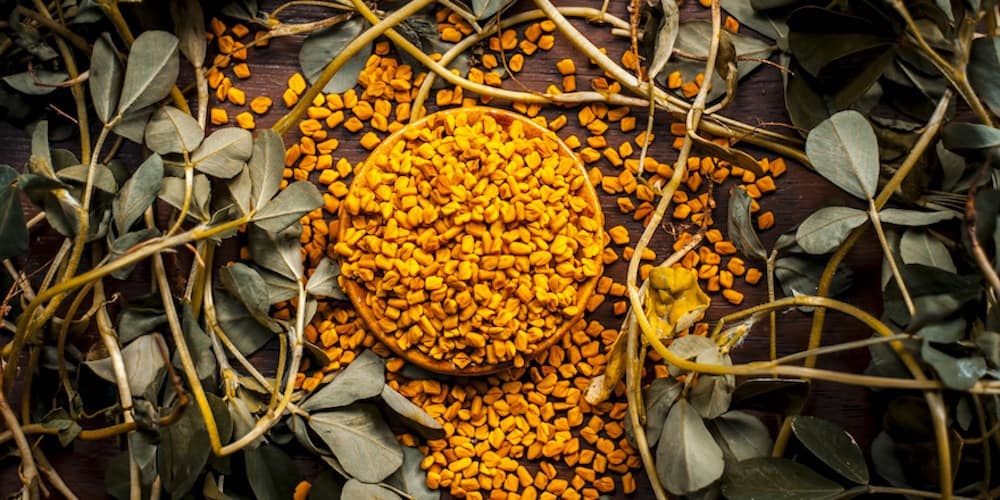
Fenugreek is a Mediterranean plant used for centuries in traditional medicine.
Rich in polyunsaturated fatty acids, galactomannans, flavonoids and other chemical compounds, it may have numerous health benefits, as indicated by this study.
Its main effect: the regulation of blood glucose and blood cholesterol levels according to several studies. However, I believe further research is necessary to confirm its effects with certainty.
Also read | Our tips for choosing fenugreek
8. Ginseng
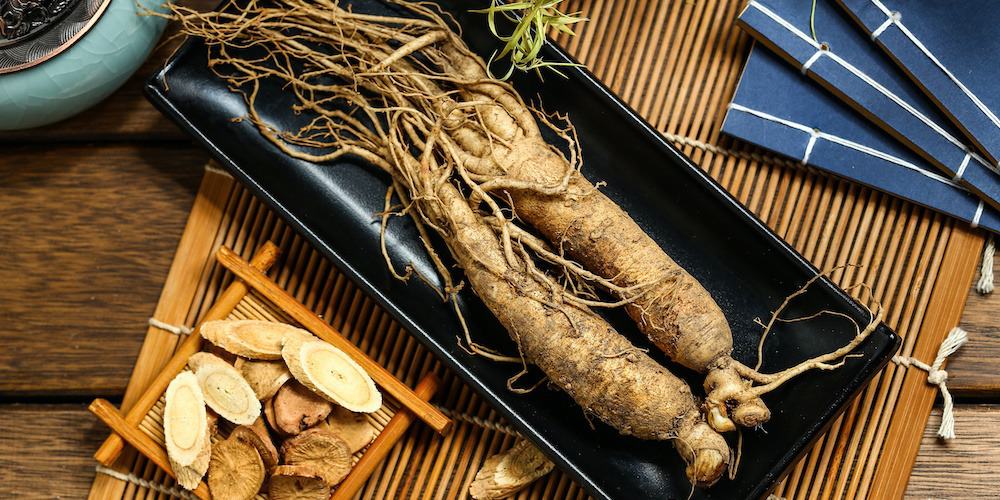
Ginseng, this adaptogenic plant of traditional Chinese medicine and Korean medicine, would have benefits for regulating blood sugar.
Regulation of insulin secretion, glucose absorption, antioxidant activity and anti-inflammatory pathways could be the mechanisms involved.
Studies notably show its effects for patients with type II diabetes. It would have no effect on prediabetes.
Also read | Everything you need to know before buying ginseng
9. Gymnema sylvestre
This plant native to India would also have a hypoglycemic effect by reducing sugar absorption and by playing a positive role in insulin secretion.
You can find it in supplement form.
My advice to lower blood sugar
In addition to adding the foods mentioned above to your plate or your supplement routine, I recommend that you exercise regularly.
It is one of the most useful natural remedies for regulating blood sugar and lowering your blood sugar levels.
Here are 4 good reasons to engage in physical activity:
- It promotes a greater use of glucose by muscle cells so they can function properly
- it improves insulin sensitivity
- it contributes to better weight management, a factor often associated with the development of type 2 diabetes
- it helps to reduce stress that increases cortisol production, a hormone that in turn raises blood sugar
Je vous conseille de choisir une activité qui vous plaît réellement afin d’être motivé et de vous y tenir sur le long terme.


